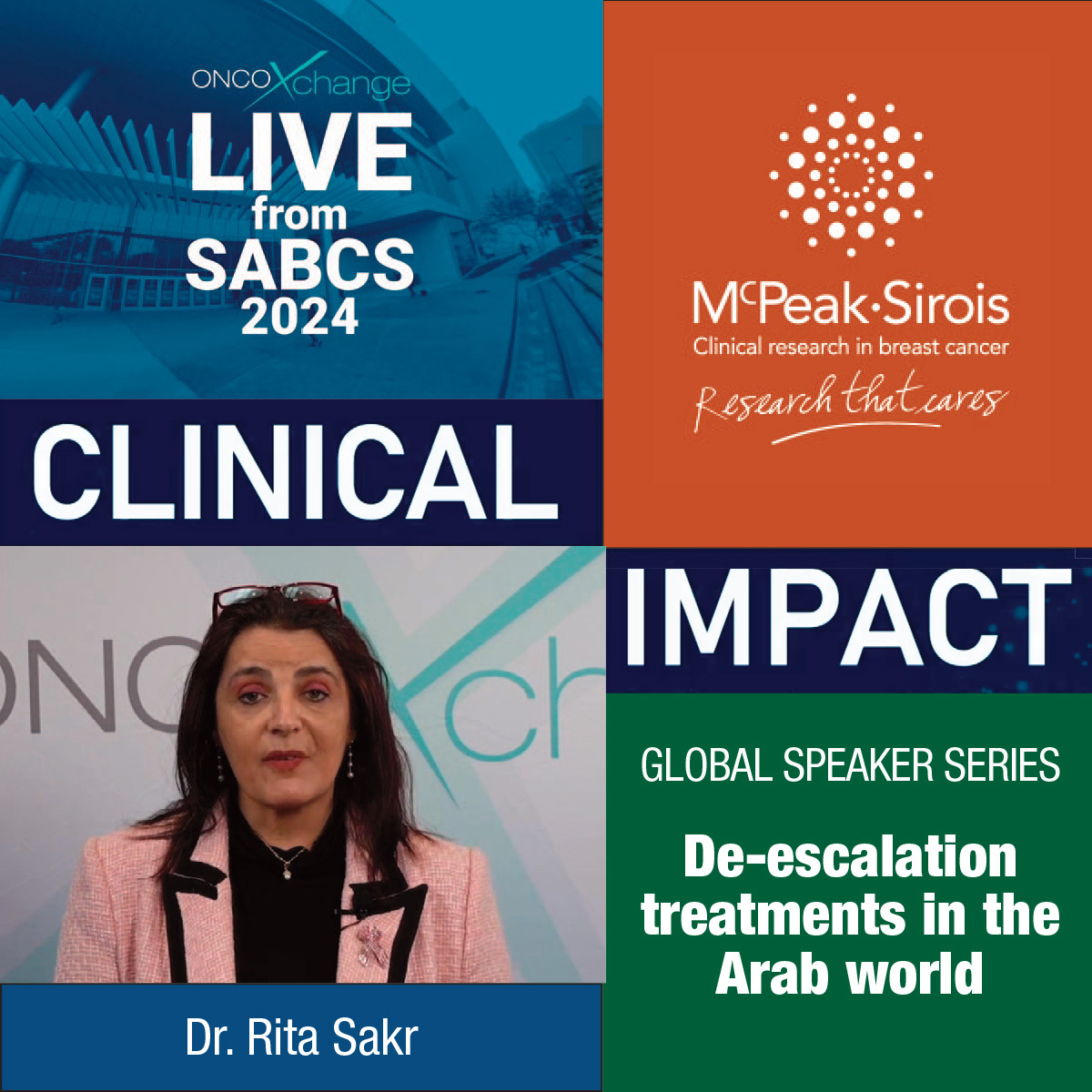
Clinical Trials Point to New Treatment Options
March 2019
Clinical Trials Point to New Treatment Options
By Ed Susman
VIENNA, Austria – Patients with breast cancer and their clinicians have several new avenues of treatment that have been reported through clinical trials in the interim between the biennial St. Gallen Breast Cancer Conference, researchers said here at the 2019 meeting.
“Progress in systemic treatment of early breast cancer has traditionally occurred through the conduct of adjuvant clinical trials in which the treatments give after surgery are compared in a blind fashion,” said Martine Piccart, MD, PhD, associate professor in oncology at Universite Libre de Bruxelles and head of the department of medicine at the Institut Jules Bordet, Brussels.
But she noted that these types of trial require years to conduct and are expensive. “In contract, neoadjuvant drug trials with their interesting intermediate surrogate endpoint of pathological complete response offer the hope of a faster identification of more effective drug regimens,” she said. “And post neoadjuvant trials focus on very high-risk patients – those with residual disease after neoadjuvant therapy, “and if a salvage therapy can be found in these patients, it will make a big impact on patient outcome and this is what we have seen in the past 2 years.”
She said one study destined to impact clinical practice was the so-called KATHERINE trial in which TDM1 showed a strikingly better outcome in treating women in the post neoadjuvant area when compared with trastuzumab monotherapy.
“What we have seen in KATHERINE is impressive. I would give this the 'Oscar' for all the trials in the 2017-2019 period,” Piccart said. “You see this 11% difference in absolute terms in invasive disease-free survival and almost a 7% absolute difference in distant disease-free survival.” Although there is no difference in overall survival at the moment, she said the survival results are not mature as yet.
CREATE X also showed benefit of 6 cycles of capecitabine in women with residual disease after neoadjuvant therapy in those patients diagnosed with triple negative breast cancer. There was a big difference in disease free survival and in overall survival in this subset of patients, Piccart said.
CREATE X also showed benefit of 6 cycles of capecitabine in women with residual disease after neoadjuvant therapy in those patients diagnosed with triple negative breast cancer. There was a big difference in disease free survival and in overall survival in this subset of patients, Piccart said.
Piccart said that in the adjuvant trial space for all comers, the 10-year results of Early Breast Cancer Trialists Collaborative Group indicated that dose dense treatment reduces breast cancer recurrence, breast cancer mortality and all-cause mortality.
While based on outcomes in 25 clinical trials and including 34,000 patients, many of these trials were conducted before the trastuzumab era and even though they were aimed at 'early breast cancer' there were many patients in the trial with node-positive disease. She said that makes dose dense treatment controversial for patients who are HER2-positive and who are node-negative.
She said a meta-analysis of 12,000-plus patients also suggests that de-escalation of treatment with the elimination of anthracycline-based regimens are not needed in all women and can be replaced by 6 cycles of docetaxel/cyclophosphamide therapy. The exceptions may be women with nodal involvement and those with estrogen receptor negative disease, Piccart said.
In focusing on specific forms of breast cancer, specifically patients diagnosed with luminal breast cancer, she said chemotherapy de-escalation could be warranted in selected patients. But in these women escalation of adjuvant endocrine therapy appears to be helpful in premenopausal women by reducing the risk of distant relapse at 8 years in the highest risk group. In postmenopausal patients, women give an aromatase inhibitor after 5 years modestly affect recurrences, but as yet there is no impact on overall mortality, Piccart said. “We need to wait to see that,” she said.
Among women with HER2-positive breast cancer, Piccart predicted “this disease will be eradicated from the planet within 10 years” as researchers continue to make incremental advances in treating the disease. She said use of dual HER2-blocking agents with pertuzumab and neratinib improves invasive disease-free survival; that women can do well by de-escalating chemotherapy by eliminating anthracycline – it was still a safe option out to 7 years in women with small volume disease; but de-escalation of trastuzumab from 12 months treatment to 6 months, still is controversial.

Comments (0)